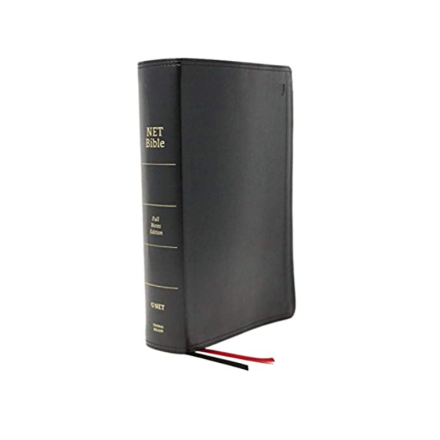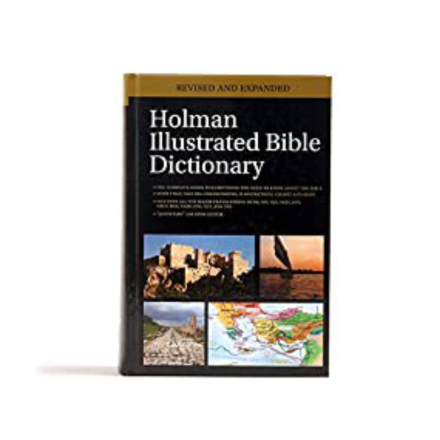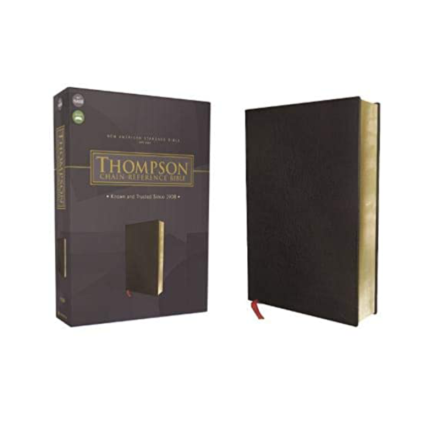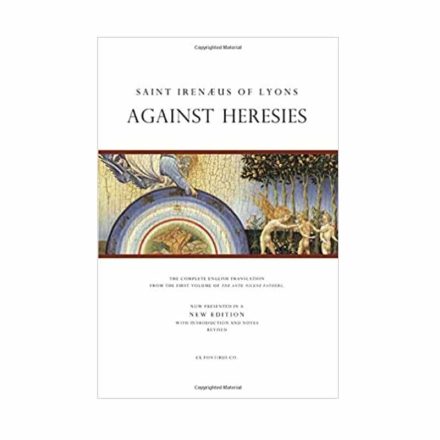Podcast (bible-study): Play in new window | Download | Embed
Subscribe: Apple Podcasts | Google Podcasts | Spotify | Amazon Music | Android | Pandora | iHeartRadio | Podchaser | Email | Deezer | RSS | More
Justice and Safety for the Wicked vs the Righteous
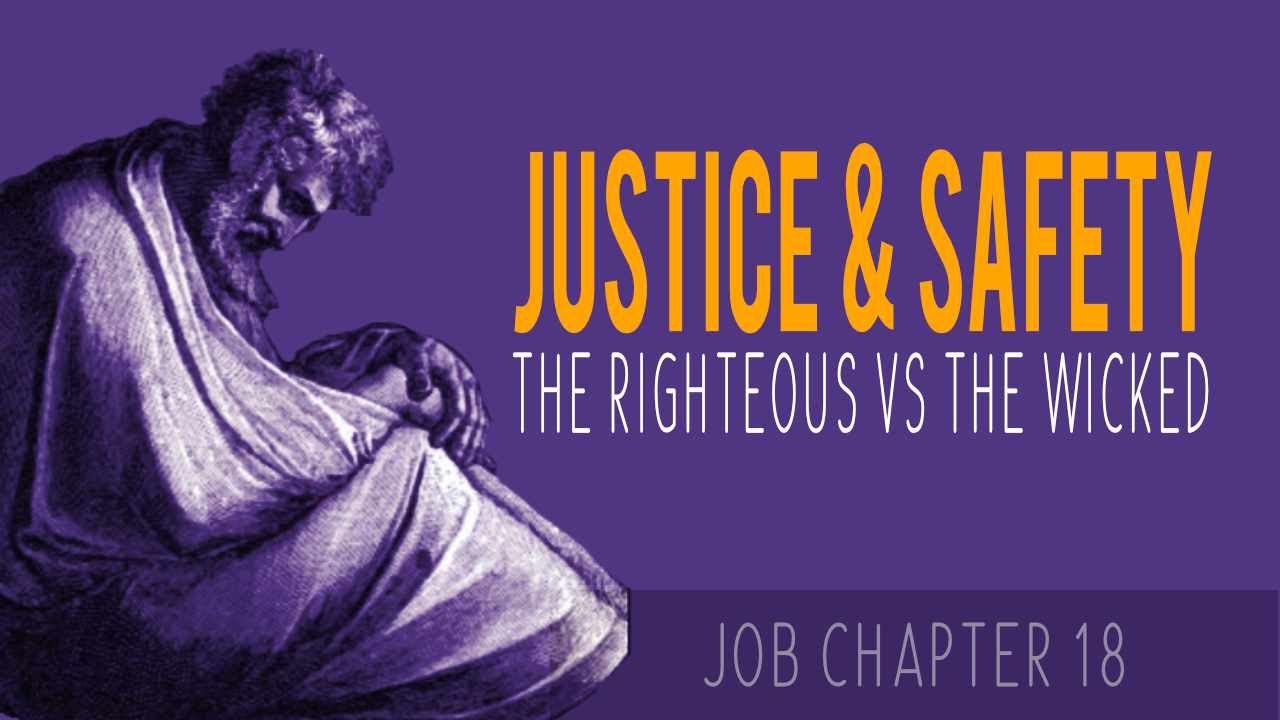
18 Then Bildad the Shuhite answered and said:
2 “How long will you hunt for words?
Consider, and then we will speak.
3 Why are we counted as cattle?
Why are we stupid in your sight?
4 You who tear yourself in your anger,
shall the earth be forsaken for you,
or the rock be removed out of its place?
Bildad seems to me so far to be the most gentle of the friends. As we learned in our study of Bildad’s first dialogue in Job 8, his name means “loved by the Master.” As a Shuite, a descendant of Shuah son of Abraham and Keturah, Bildad was a living example of the overwhelming goodness of God. He was the descendant of a bonus blessing.
In chapter 8, Bildad suggest that perhaps judgment had fallen on Job because of transgressions on the part of his children (which I believe was the case), and he also prophesies a turnaround for Job, telling him that if he is righteous, his latter days will be greater than the former.
In Bildad’s second response, it seems to me that Bildad is trying to smooth things out and relieve the tension. Zophar amped up the drama with his accusations against Job and Eliphaz pour fuel on the flames in his second response with some really low blows about Job’s situation. Here Bildad seems to be trying to mediate the dispute, to get Job to see his friends side of the argument. The friends see Job as refusing to listen to them and dismissing their advice. Job was listening, he just didn’t agree. He was completely willing to acknowledge wrong if God told him how he had transgressed, but as far as he knew, he was not at fault.
5 “Indeed, the light of the wicked is put out,
and the flame of his fire does not shine.
6 The light is dark in his tent,
and his lamp above him is put out.
The wicked walk in darkness because they are not seeking the true light. When we seek our own way, “the light is dark in [our] tent.” It is like Jesus says in Matthew 6:
22 “Your eye is like a lamp that provides light for your body. When your eye is healthy, your whole body is filled with light. 23 But when your eye is unhealthy, your whole body is filled with darkness. And if the light you think you have is actually darkness, how deep that darkness is![1]
I think it’s significant that that section of Matthew 6 is talking about true worship and the dangers of putting your faith in money, so let’s read that passage in the NET:
6 “Be careful not to display your righteousness merely to be seen by people. Otherwise you have no reward with your Father in heaven. 2 Thus whenever you do charitable giving, do not blow a trumpet before you, as the hypocrites do in synagogues and on streets so that people will praise them. I tell you the truth,[e] they have their reward! 3 But when you do your giving, do not let your left hand know what your right hand is doing, 4 so that your gift may be in secret. And your Father, who sees in secret, will reward you.
Private Prayer
5 “Whenever you pray, do not be like the hypocrites, because they love to pray while standing in synagogues and on street corners so that people can see them. Truly I say to you, they have their reward! 6 But whenever you pray, go into your inner room, close the door, and pray to your Father in secret. And your Father, who sees in secret, will reward you. 7 When you pray, do not babble repetitiously like the Gentiles, because they think that by their many words they will be heard. 8 Do not be like them, for your Father knows what you need before you ask him. 9 So pray this way:
Our Father in heaven, may your name be honored,
10 may your kingdom come,
may your will be done on earth as it is in heaven.
11 Give us today our daily bread,
12 and forgive us our debts, as we ourselves have forgiven our debtors.
13 And do not lead us into temptation, but deliver us from the evil one.14 “For if you forgive others their sins, your heavenly Father will also forgive you. 15 But if you do not forgive others, your Father will not forgive you your sins.
Proper Fasting
16 “When you fast, do not look sullen like the hypocrites, for they make their faces unattractiveso that people will see them fasting. I tell you the truth, they have their reward! 17 When you fast, anoint your head and wash your face, 18 so that it will not be obvious to others when you are fasting, but only to your Father who is in secret. And your Father, who sees in secret, will reward you.
Lasting Treasure
19 “Do not accumulate for yourselves treasures on earth, where moth and devouring insect destroy and where thieves break in and steal. 20 But accumulate for yourselves treasures in heaven, where moth and devouring insect do not destroy, and thieves do not break in and steal. 21 For where your treasure is, there your heart will be also.
22 “The eye is the lamp of the body. If then your eye is healthy, your whole body will be full of light. 23 But if your eye is diseased, your whole body will be full of darkness. If then the light in you is darkness, how great is the darkness!
24 “No one can serve two masters, for either he will hate the one and love the other, or he will be devoted to the one and despise the other. You cannot serve God and money.
25 “Therefore I tell you, do not worry about your life, what you will eat or drink, or about your body, what you will wear. Isn’t there more to life than food and more to the body than clothing? 26 Look at the birds in the sky: They do not sow, or reap, or gather into barns, yet your heavenly Father feeds them. Aren’t you more valuable than they are? 27 And which of you by worrying can add even one hour to his life? 28 Why do you worry about clothing? Think about how the flowers of the field grow; they do not work or spin. 29 Yet I tell you that not even Solomon in all his glory was clothed like one of these! 30 And if this is how God clothes the wild grass, which is here today and tomorrow is tossed into the fire to heat the oven, won’t he clothe you even more, you people of little faith? 31 So then, don’t worry saying, ‘What will we eat?’ or ‘What will we drink?’ or ‘What will we wear?’ 32 For the unconverted pursue these things, and your heavenly Father knows that you need them. 33 But above all pursue his kingdom and righteousness, and all these things will be given to you as well. 34 So then, do not worry about tomorrow, for tomorrow will worry about itself. Today has enough trouble of its own.
When we read Matthew 6, there is so much that parallels what Bildad is saying isn’t it? Job was known as a very righteous and God-fearing man? One who did good works and took care of the poor. Maybe Bildad thought this judgment was exposing Job’s motivations. Maybe he thought Job had been putting his trust in his wealth … because that is what Satan accused Job of right? Satan told God that the only reason Job honored God was because of the protection God had given him. Job had never been through adversity, and now the shoe was on the other foot. What would Job do?
Bildad’s words actually line up with Jesus’s words don’t they? Both Jesus and Bildad proclaim that God will reward the righteous, and that putting trust in earthly wealth is a trap and one that will betray them. What Bildad is saying is true about the wicked, but it’s not true about Job.
Bildad continues with the fate of the wicked:
7 His strong steps are shortened,
and his own schemes throw him down.
8 For he is cast into a net by his own feet,
and he walks on its mesh.
12 The wicked plot against the godly;
they snarl at them in defiance.
13 But the Lord just laughs,
for he sees their day of judgment coming.[2]
People think they can plot, scheme, and take advantage of people without their being any recourse. They are not looking to God for their safety and to fulfill his plans for their life. They want to make their own way and bring it about their own way. They put their trust in those schemes, in political power, in their wealth, in alliances with other people … but in the end, their day of judgment will come.
9 A trap seizes him by the heel;
a snare lays hold of him.
10 A rope is hidden for him in the ground,
a trap for him in the path.
I think we see that is true. If you look at the accounts of people brought to justice, those hidden plots that have gone on for years without a reckoning, very often it is a minor, insignificant thing that brings the whole thing crashing down.
The very nature of the world is founded on the justice, righteousness, and order of God. We can try to corrupt and suppress it, but truth rises and justice will triumph. It is as someone once said, “the arc of history bends towards justice.” That is because there is a God. He is active and working on our behalf, and he is justice. His will will be and is being done. What is in the dark will be brought to light.
11 Terrors frighten him on every side,
and chase him at his heels.
12 His strength is famished,
and calamity is ready for his stumbling.
13 It consumes the parts of his skin;
the firstborn of death consumes his limbs.
The NET translates verse 12 a little bit differently and provides more clarity to the intent.
Calamity is hungry for him,
and misfortune is ready at his side.
The commentator notes that “the expression means that misfortune is right there to destroy him whenever there is opportunity.[3]”
This describes the condition of the wicked. They may think they are getting away with their plots, but the wrong consumes them spiritually, emotionally, mentally, and physically. They live in fear, constantly looking over their shoulder and constantly having to worry about being found out.
14 He is torn from the tent in which he trusted
and is brought to the king of terrors.
15 In his tent dwells that which is none of his;
sulfur is scattered over his habitation.
The wicked person trusts in his own establishment, the things that he’s made himself, his “tent.” But in the end, that won’t save him and he will be removed and will be brought to “the king of terrors” who, according to the NET commentary, is death.
This is a reference to death, the king of all terrors. Other identifications are made in the commentaries: Mot, the Ugartic god of death; Nergal of the Babylonians; Molech of the Canaanites, the one to whom people sent emissaries.[4]
This is very true, all will face death … none will escape. The only way out is if we put our trust in the one who gained victory over death.
16 His roots dry up beneath,
and his branches wither above.
17 His memory perishes from the earth,
and he has no name in the street.18 He is thrust from light into darkness,
and driven out of the world.
19 He has no posterity or progeny among his people,
and no survivor where he used to live.20 They of the west are appalled at his day,
and horror seizes them of the east.
21 Surely such are the dwellings of the unrighteous,
such is the place of him who knows not God.”
Everything the unrighteous worked for will be for nothing in the end. They will not be honored and they will be without descendants. The people who knew who they were will be horrified by their end.
Such true, true words by Bildad. Everything he said was true … it just wasn’t true in Job’s case because he actually was righteous. Bildad didn’t have all the information, just as we don’t have all the information in the circumstances around us.
This Bible study is part of A Study of Job (2021)

